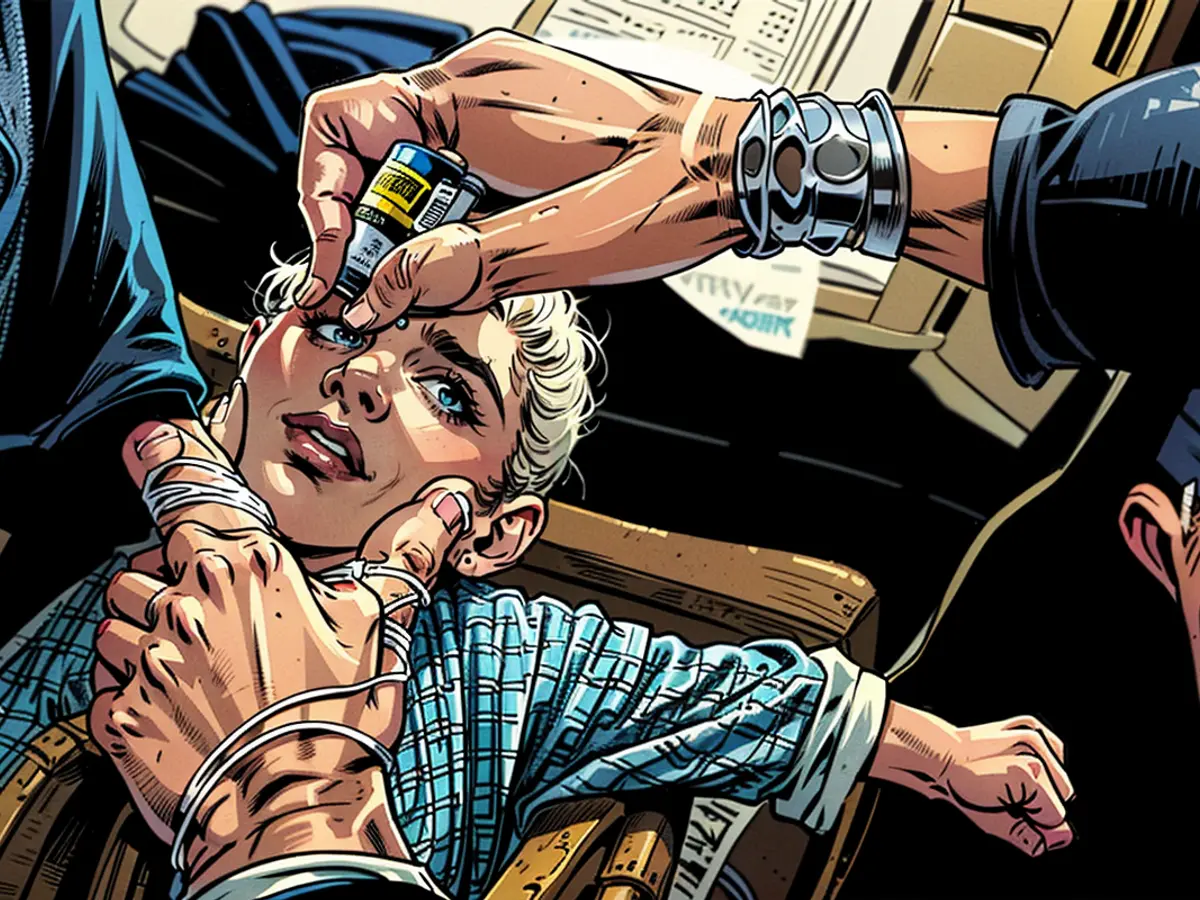Approximately 560,000 children in Gaza receive polio vaccinations as the initial phase of the immunization drive concludes.
Humanitarian workers surpassed 90% of the planned vaccination coverage in the initial phase of the UN-led initiative, as per UNRWA, the United Nations' agency for Palestine refugees. The second round of immunizations is set for four weeks from now, as announced by the UN's Office for Humanitarian Affairs on Monday.
Dr. Tedros Adhanom Ghebreyesus, WHO director-general, expressed his praise for the healthcare professionals who managed this intricate operation in a social media post. He also acknowledged the families' trust and cooperation.
Dr. Tedros noted, "This is an exceptional achievement amidst the continuous hardships faced daily in the Gaza Strip. A ceasefire could lead to even more achievements."
Israel's assault on Gaza, triggered by Hamas's October 7 attacks, has sparked a humanitarian disaster and obliterated crucial infrastructure. Over 70% of water and sanitation facilities have been demolished or harmed, reported the WASH Cluster, a United Nations-led collective responsible for coordinating humanitarian efforts related to water, sanitation, and hygiene, in July. Furthermore, Israeli restrictions on aid have decimated fuel stocks, chlorine, and spare parts, resulting in water supply issues, purification, and sewage treatment setbacks, as per the agency.
The UN's polio campaign, facilitated by Israeli-requested truces, was initiated following the detection of the highly infectious virus in sewage samples in the strip in June. Just in August, an 11-month-old child became the first person to be diagnosed with polio in Gaza in 25 years.
Polio primarily impacts children under the age of 5, leading to permanent paralysis and, in severe cases, death. It's highly contagious, and the only means to combat it is through vaccination, according to the WHO.
Relief workers faced numerous obstacles while implementing the vaccination program, especially in the northern Gaza region. They cited Israeli evacuation orders, roads damaged by bombings, escalating conflicts, and minimal fuel supplies as significant challenges.
Mahmoud Shalabi, a local aid worker with the UK-based NGO Medical Aid for Palestinians (MAP), shared his concerns about the ongoing violence by Israeli troops with CNN on Tuesday. He stated, "There have been repeated attacks and killings of Palestinians in recent days by the Israeli military. It's horrific."
At least 25 MAP staff members are currently stationed in Gaza to support the UN-led campaign, with a focus on monitoring to ensure international protocols and standards are followed, as per the agency's website.
Shalabi acknowledged the risks and challenges in working and living in Gaza right now but expressed optimism about the resilience of the Palestinian people and the spirit of the healthcare workers. He concluded, "Despite the difficulties, this campaign will be as successful as is possible."
CNN's Muhammad Darwish and Jeremy Diamond contributed to this report.
In light of the challenges faced in the middle east, the successful execution of the UN's polio campaign in Gaza is a notable achievement for the world. Despite Israeli restrictions and the destruction of essential infrastructure, humanitarian workers managed to surpass 90% vaccination coverage, demonstrating the collective determination of the international community to combat diseases like polio.







